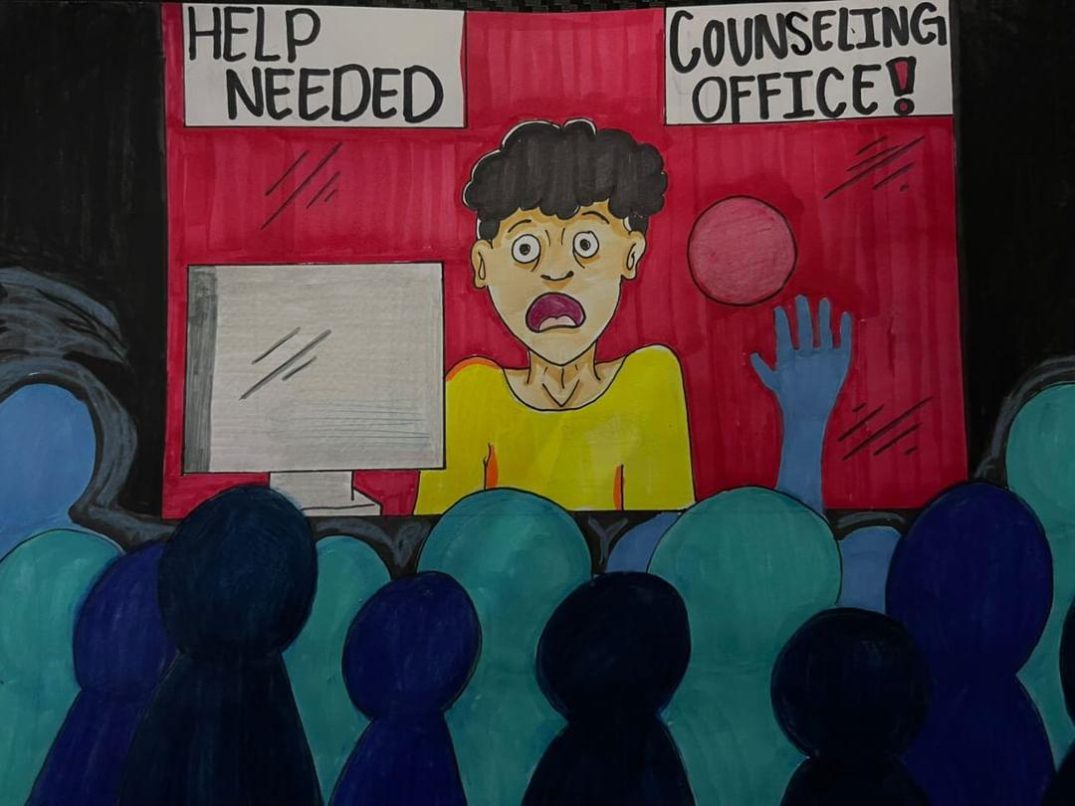Up at five when my day begins, I am soon on my way to one of my EC classes.
I enter the classroom and take my seat as I begin to participate in discussions and group projects.
All of my fellow classmates are unmoved by my presence, having become accustomed to me early on in the semester.
As I exit class, a student soon approaches me with a boggled look on his face.
I know the inevitable question, having heard it reiterated from the mouths of so many curious students during my three semesters here.
“How old are you?” the question asked of me in a quizzical tone.
I respond, “I am 14.” My 4.0 GPA causes many to bestow me with the titles of “genius” and “prodigy.” I refute any of those designations.
It appears that the general assumption is that one’s level of academic aptitude is acquired from birth. This is what’s assumed of me.
However, I consider myself born with the same intellectual potential as any other healthy person privy to basic resources and guidance. I believe my current state of mind originated from the quality of my upbringing.
From the beginning, my parents created an enjoyable learning environment for me.
Rather than conforming our curriculum to the norms for other kids of our age, we have been independently educated beyond the restrictions of grade levels.
Doing a variety of social and athletic activities is a crucial part of becoming a diverse person.
I participate in a multitude of sports, including golf, soccer, volleyball, soccer, swimming and martial arts.
I am also an active volunteer at my local library, a frequent attendee of my city’s council meetings and an academic tutor.
So when a confused student says, “You’re a genius aren’t you?” I say, “That’s what some people call me.” Because I don’t know if I’m a genius.
The only difference between me and a freshman high school student is the way we were raised. Nurture is the most important thing.
The views expressed in Campus Insight are those of the authors. They do not represent the views or opinions of the Union, its staff, editorial board or adviser.
This column is available to students and faculty. All articles may be submitted to [email protected].
Please note that articles may be edited for content and length.






